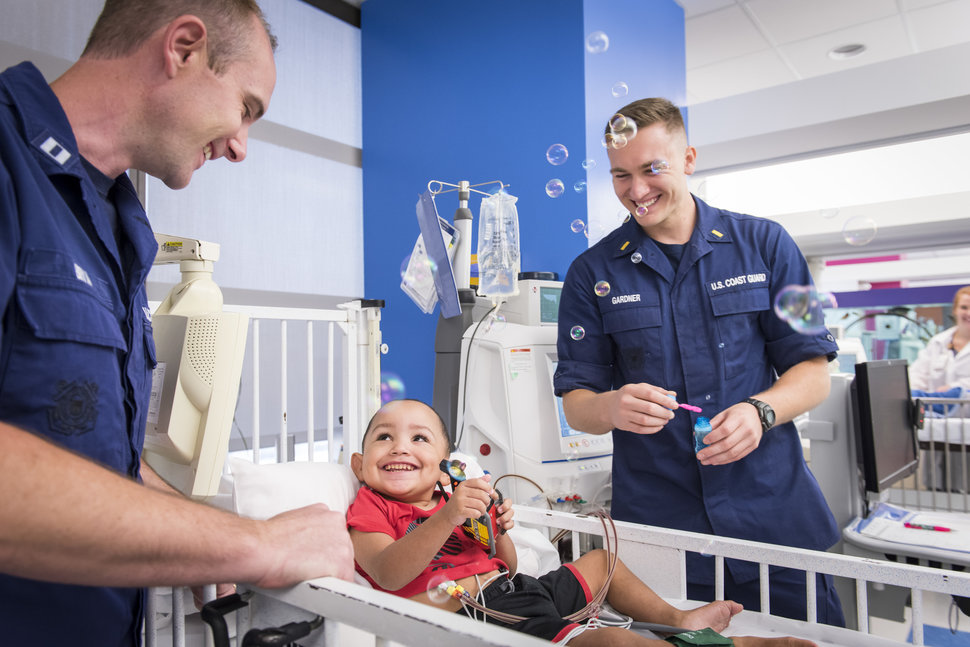New initiative begins with the support of Children’s Health Fund
HOUSTON – (Sept. 26, 2017) – While flood waters have receded, Hurricane Harvey will have long-lasting effects on the Houston community. To help support the most vulnerable populations, and serve the mental health needs of those children adversely impacted by the recent hurricane and flooding, the Harvey Resiliency and Recovery Program is launching as part of Texas Children’s Hospital’s new Trauma and Grief Center. To learn more about this program, visit Texas Children’s website.
The Harvey Resiliency and Recovery Program was made possible through the support of Children’s Health Fund, and a generous donation from singer/songwriter and co-founder of Children’s Health Fund, Paul Simon, and his wife, singer/songwriter Edie Brickell – a Texas native.
Under the umbrella of the Trauma and Grief Center, the Harvey Resiliency and Recovery Program will be dedicated to serving the needs of the many children and families adversely affected by the storm and its aftermath. The Trauma and Grief Center at Texas Children’s is one of the only health service agencies within this region of Texas with significant child trauma and bereavement expertise. The Center will evaluate traumatized and/or bereaved youth between the ages of 7 and 17 and provide ongoing evidence-based treatments to those youth requiring intervention.
“Using evidence-based assessments and interventions, as well as providing trauma-informed training to mental health professionals and teachers in impacted communities, we hope to more quickly recognize and address the needs of children who are at risk for developing post-traumatic stress disorder and related psychological difficulties,” said Dr. Julie Kaplow, director of both the Trauma and Grief Center and Harvey Resiliency and Recovery Program at Texas Children’s, and associate professor of pediatrics in the section of psychology at Baylor College of Medicine. “Surviving a disaster can be distressing for anyone, but youth who have already been exposed to trauma, traumatic loss and/or severe adversity are at particularly high risk for severe persisting stress and may need the support of a mental health professional. The new Harvey Resiliency and Recovery Program will connect our experts to these children.”
Many of the immediate effects of a major disaster are visible to the public eye and include infrastructure damage, flooding and public health issues, such as water contamination. The long-term psychological impacts of a major event are harder to see. This newly-formed program will address the mental health needs of those who survived the recent storm and were exposed to trauma-related risk factors that research indicates is likely to predispose them to long-term mental, emotional and physical consequences.
“Children’s Health Fund has been responding to the needs of children and families post-crisis for 25 years now,” said Dennis Walto, chief executive officer of Children’s Health Fund. “We know kids who were living in poverty before the storm are now at the highest risk for short- and long-term negative impact on mental health and well-being. CHF looks forward to working with Texas Children’s team to develop programs that will reach all children and families impacted by the crisis – especially those who often struggle to access even basic health care – and to take those lessons to other communities that may be facing similar challenges.”
Texas Children’s is working with several community partners, including impacted school districts, to train professionals in how to screen and assess children who may need additional support. A formal screening tool is being utilized to help identify children who need higher level interventions, and experts at Texas Children’s Harvey Resiliency and Recovery Program will be available to meet with and treat these patients starting in early October.




No Comment